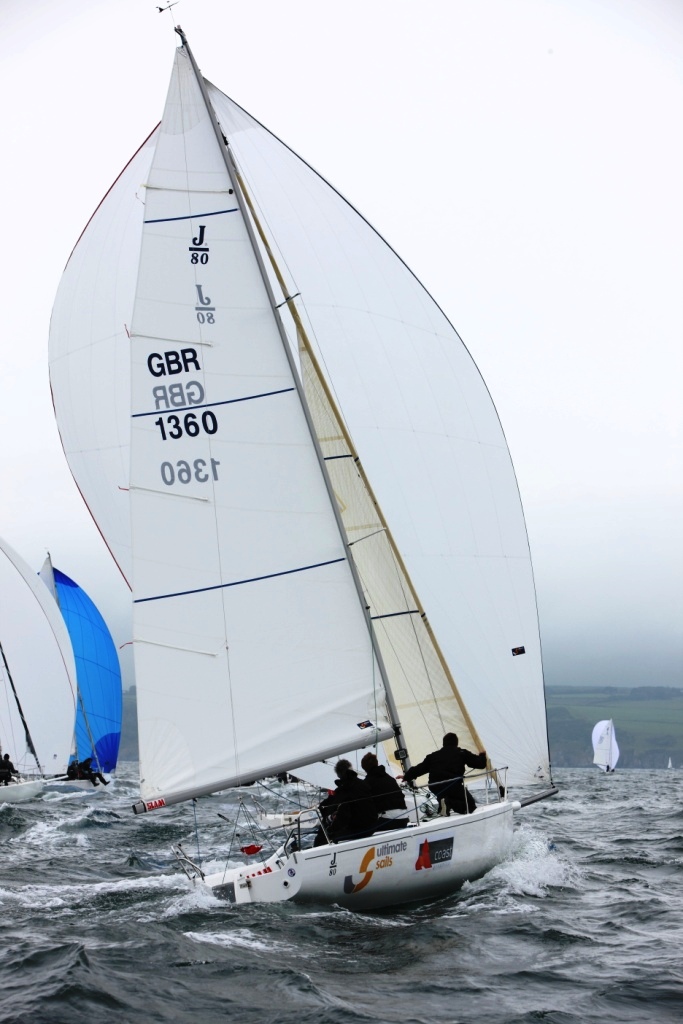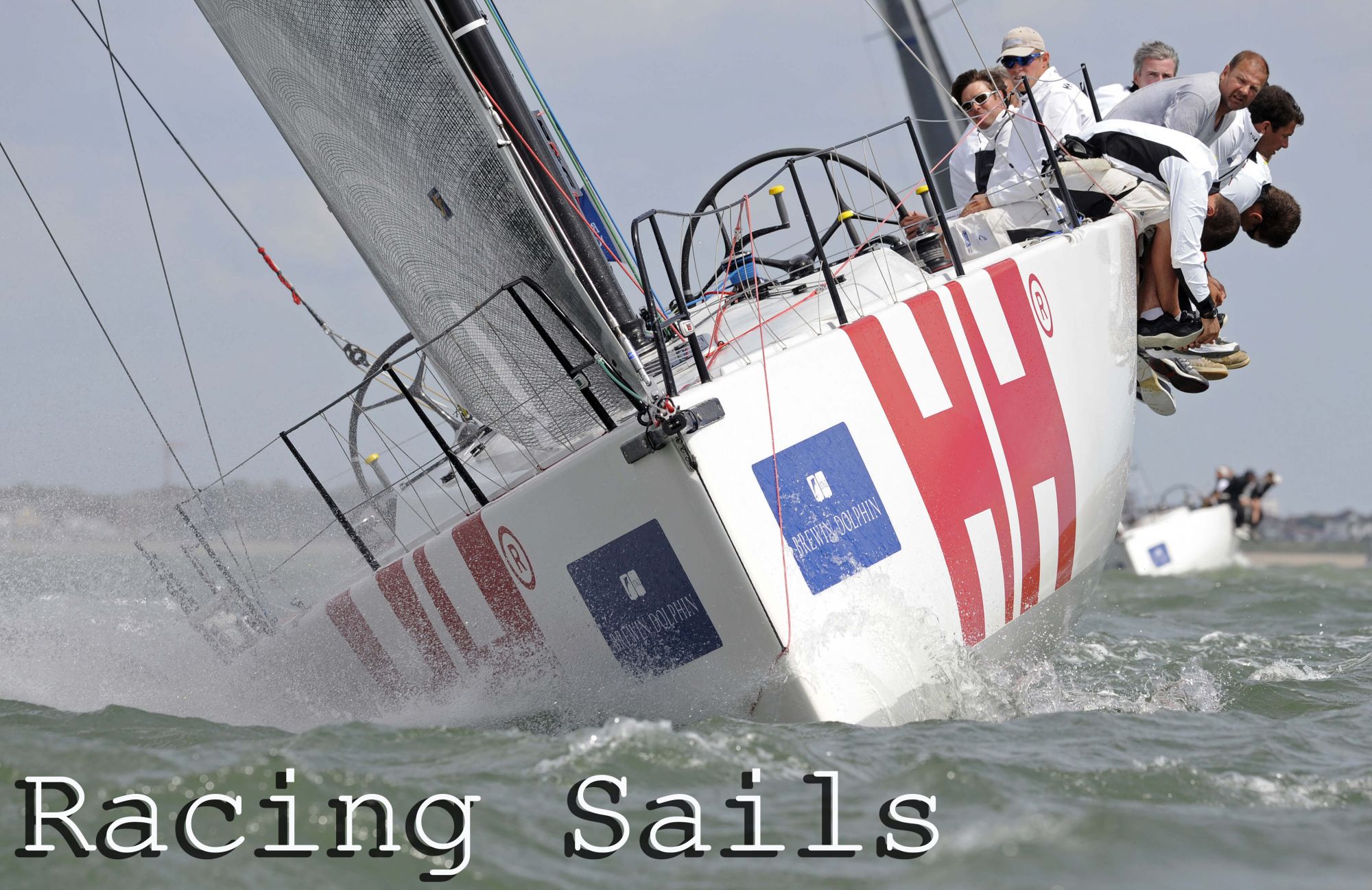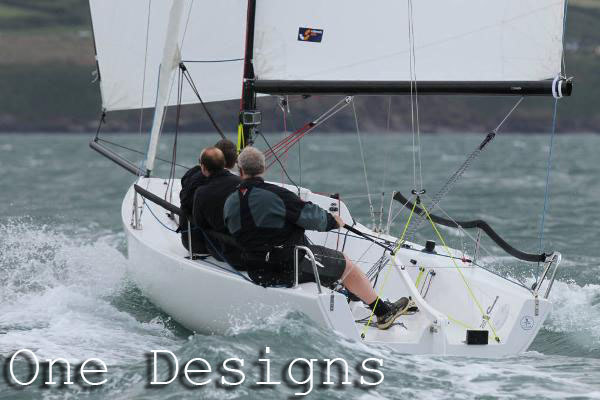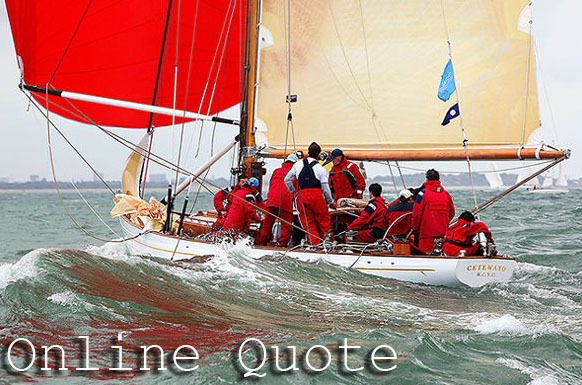14th April 2016« All News Items
Chris 'Twiggy' Grube, our first Ultimate Star.
 We learn a great deal from everyone we sail with, both racers and cruisers, so we wanted share some of that wide-ranging expertise in a series of interviews with an unofficial group we call the Ultimate Stars.
We learn a great deal from everyone we sail with, both racers and cruisers, so we wanted share some of that wide-ranging expertise in a series of interviews with an unofficial group we call the Ultimate Stars.
Chris Grube (known to all as Twiggy), is a British Team 470 sailor and has been a friend of Ultimate Sails for many years. He has even survived racing J boats with Technical Director Kevin Sproul in a varied and successful rise to the top.
In the first in the Ultimate Stars series, we talked to Twiggy about what it takes to campaign at sailing’s highest level.
If there is such a thing, what’s a typical day in the life of a professional sailor?
Mine is a little different from most in the British Sailing team in that I have a family back at home in Lancashire. Our little boy is one year-old and so my time at home is precious. I've become really good at prioritising and managing my time well so I can see them as much as possible.
A typical day for me normally begins with some form of exercise be it a run or gym session. Some planning and logistics over breakfast followed by whatever it is we have planned for the day whether it's training on the water or boat-work.
So what are the biggest challenges?
I love the sport and will spend as much time as is necessary to win. My family are really supportive and I'm able to go away and do what I need to win, but one of the biggest challenges for me is leaving the house when you know you're not going to see them for a few weeks.
As I said before I try to manage my time well. It's easy to let days roll by without having achieved anything, but we have a very specific time frame and end date where you need to perform - the Olympic Games. Everything leads up to that one moment and so it's important that we plan every day working up to that to leave no stone unturned.
In a sailing environment we're constantly on the hunt for boat speed. Life on the race course becomes so much easier when you're quick and can get out of tight situations using your speed.
We sailors can get a bit obsessed about getting the right gear for performance, but how important is it really in your job?
When you get to Olympic level, it's safe to say that everyone can win races. Winning races becomes much easier when you're fast, and to do this comes down to technique and equipment. Having the right mast, foils and sails to match your weight is crucial to the boat being easy to sail and so we spend a fair amount of time looking for the optimum.
It’s probably an obvious question to follow that, but how important is sail design and choice to any campaign?
I would say it's very important. Having a set of sails that can take you up and down the wind range without any holes in performance is what you're looking for. You may design sails for specific events where you know the conditions are going to be light or where you're expecting certain sea states. Likewise there's no point in having brand new sails but no idea about how to use them. Time on the water doing constructive training is what will turn you into a winner.
So should design your sails specifically to your rig and crew?
I would say crew weight would normally be the starting point. If you're a small boat sailor you'd firstly find a rig that suits your weight, then design the sails around that and the conditions you're expecting for the event you're looking to perform at.
And does the venue come into sail design and choice?
The bigger the boat, the harder it is to be specific to the venue just from purely a cost basis. If you were going all out then of course you would design a set of sails around the venue. The key is to design sails that are easy to use and that allow you to sail as close to their optimum potential as possible for most of the time, allowing you to focus on the racing and getting your head out. It's no use having such a fine groove with sails that it takes every inch of your bandwidth to keep them going. I would say the most important thing is to find sails that you like and change them regularly, new sails will make the most difference.
With that in mind, what would be your top four tips a sailor should ask their sailmaker when choosing new sails?
1. How easy are the sails to use?
2. Will the sails take me up and down the wind range without any big holes in performance?
3. How long will they last and when will they need replacing (no use having a sail that's going to be out of shape within a few days if you're banking on it lasting all season)
4. How do I set them up? Do I need to change anything with my rig / boat to make them work?
We know it depends on conditions and how well the sails been looked after, but how often should you get new sails, in order to race at the top of the fleet?
Of course it depends on your budget. As a 470 sailor our sails last around a week which is quite painful but we know that if we don't have new sails at every regatta then we're going to be off the pace.
In a big boat, new sails every year will keep you in the ball park, but more importantly if you're looking to be world champion then you're going to need new sails to do it.
 You can make your sails last longer by looking after them. Wash the salt off them at the end of the day and dry them out. Keep them out of the bottom of the boat so they don't get trampled on. Don't let them flap and try to avoid folding or creasing. Take spinnakers out of the bag / chute so they don't sit for weeks crumpled up. And look to store your sails somewhere dry and out of UV light if you're not using them.
You can make your sails last longer by looking after them. Wash the salt off them at the end of the day and dry them out. Keep them out of the bottom of the boat so they don't get trampled on. Don't let them flap and try to avoid folding or creasing. Take spinnakers out of the bag / chute so they don't sit for weeks crumpled up. And look to store your sails somewhere dry and out of UV light if you're not using them.
Thanks for your time and advice Twiggy and we wish you every success on the road to Rio.










